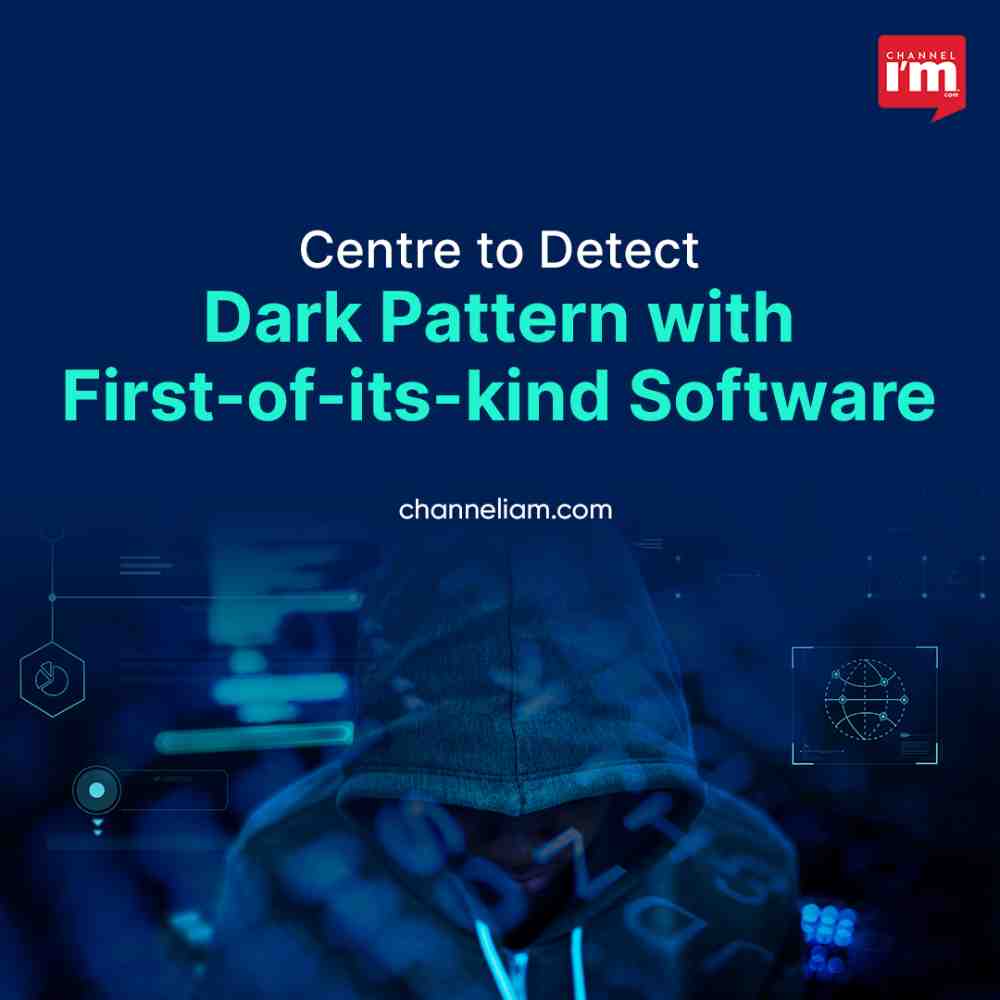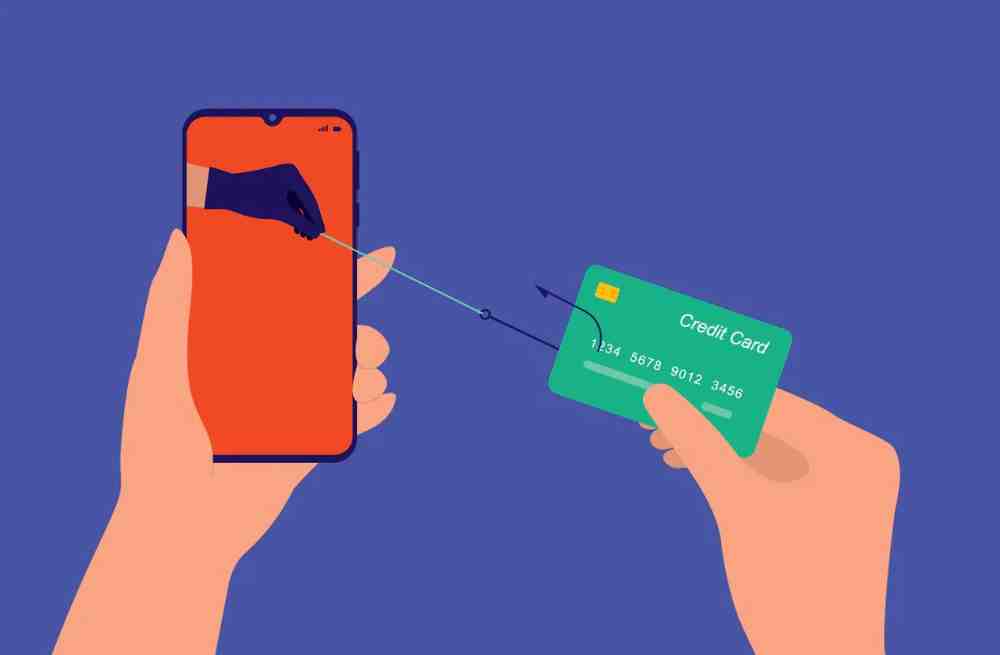
The Consumer Affairs Secretary Rohit Kumar Singh said that that the Union government will launch the world’s first software to detect dark patterns on the Internet, which are tricks tech companies use to get users to click features that benefit the company.
The consumer affairs ministry, in collaboration with Indian Institute of Technology-Banaras Hindu University, on Thursday launched a four-stage hackathon to build an open-source software that will be available as a freely downloadable browser extension and a mobile app, a global first, to alert users to the presence of dark patterns on websites.
Singh said the central government is building a software which will detect websites which use these dark patterns and alert consumers. “The software will just be a mobile application which, like ‘truecaller’, will only alert you if a website indulges in such practices,” he said.
A Dark pattern (DP) is an interface maliciously crafted to deceive users into performing actions they did not mean to do. DPs make customers/users unhappy and cause them to lose (digital) trust in a business. For instance, e-commerce companies could use marketing ploys such as “limited-time offers” that actually never end or fake notifications that suggest a product is going to be “sold out soon”, creating “false urgency”.

As per reports, the ministry has identified over 10 such dark patterns commonly used by websites that constitute “malpractices” and “unfair trade practices in contravention of section 2(47) of the Consumer Protection Act 2019”, the head of the Central Consumer Protection Authority Nidhi Khare said, adding that “Our aim is to protect consumers.”
According to her, “A common dark pattern is encountered by users visiting insurance sites and air-ticketing platforms, which gives an option to exit an insurance offer with words that convey a subtle warning: “Yes, I’ll take the risk”. Consumers are tricked into making choices, literally by design, she said.
The government had listed 10 dark patterns in the draft guidelines, including false urgency, basket sneaking, confirm shaming, forced action, subscription trap, interface interference, bait and switch, drip pricing, disguised advertising and nagging.
Reportedly, three dark patterns that have been added to the list, based on the public consultation, include Trick Question, Saas Billing and Rogue Malwares. Trick question refers to deliberate use of confusing or vague language in order to misguide or misdirect a user from taking desired action.

As per available sources, Amazon is one of the online retailers for Dark Patterns. Research reveals that Amazon counts the most (11) dark patterns on its website, which included a subscription box that was automatically ticked, making the more expensive payment option the default choice.
